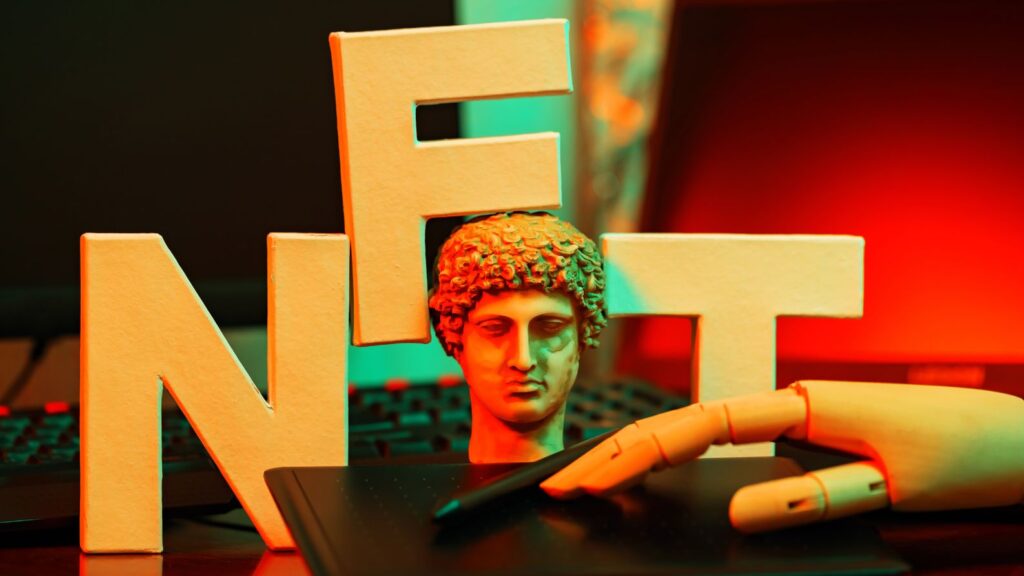Non-Fungible Tokens (NFTs) have become widely prevalent, catching the interest of investors, inventors, and fans globally. Understanding the basics of NFTs is becoming more crucial as the Middle Eastern market starts to explore this cutting-edge technology. This article serves as a practical guide for newcomers to the Middle Eastern NFT sector, highlighting important trends and offering a path for getting started.
NFTs are unique digital assets that represent ownership of a specific object or piece of content on the blockchain. Unlike fungible cryptocurrencies such as Bitcoin or Ethereum, which can be exchanged on a one-to-one basis, non-fungible tokens (NFTs) are distinct and cannot be replaced. The unique attributes of each NFT enable the facilitation of digital art, collectibles, and virtual real estate.
The Middle East is witnessing a surge in the popularity of NFTs, fueled by the widespread acceptance of digital art and blockchain technology, as well as a technologically adept population. Abu Dhabi and Dubai are leading the way in this trend, as they organize blockchain conferences and NFT shows. Investors and collectors in the region are exploring NFTs as a substitute investment, while artists are leveraging the technology to monetize their work and engage with worldwide audiences.
The Middle Eastern NFT market exhibits the following prominent trends:
Art and Collectibles: Digital art and collectibles are leading the way. Enthusiasts are increasingly drawn to collectible NFTs, which include virtual trading cards. Additionally, local artists are leveraging NFTs to market their artwork and get fame.
Virtual Real Estate: Users can acquire and exchange virtual land on sites like Decentraland and The Sandbox. Middle Eastern investors are exploring these options to diversify their portfolios and participate in the metaverse.
NFTs offer a means to safeguard and advance the cultural legacy of the Middle East. Museums and institutes are presently doing trials using NFTs to digitize and display traditional art and historical artifacts.
Regulatory Developments: The growth of the NFT business requires clear and precise regulations. Middle Eastern governments are starting to tackle legal issues such as intellectual property rights, taxation, and anti-money laundering.
In order to commence the utilization of Non-Fungible Tokens (NFTs) in the Middle East:
Acquire knowledge: Make use of online resources and courses to obtain a thorough comprehension of blockchain technology and NFTs.
Choose a platform: Engage in the acquisition, vending, and bartering of non-fungible tokens (NFTs) through platforms like Foundation, Rarible, and OpenSea. Regional marketplaces are emerging throughout the Middle East.
Create a digital wallet that is interoperable with Ethereum or other commonly used blockchain networks for NFTs, such as Trust Wallet or MetaMask.
Commence with low-risk endeavors and modest financial commitments. Acquaint yourself with the market by engaging in auctions and investigating NFT collections.
Participate in online forums, social media groups, and events to engage with fellow NFT aficionados and acquire knowledge from seasoned users. Interact with the community.

